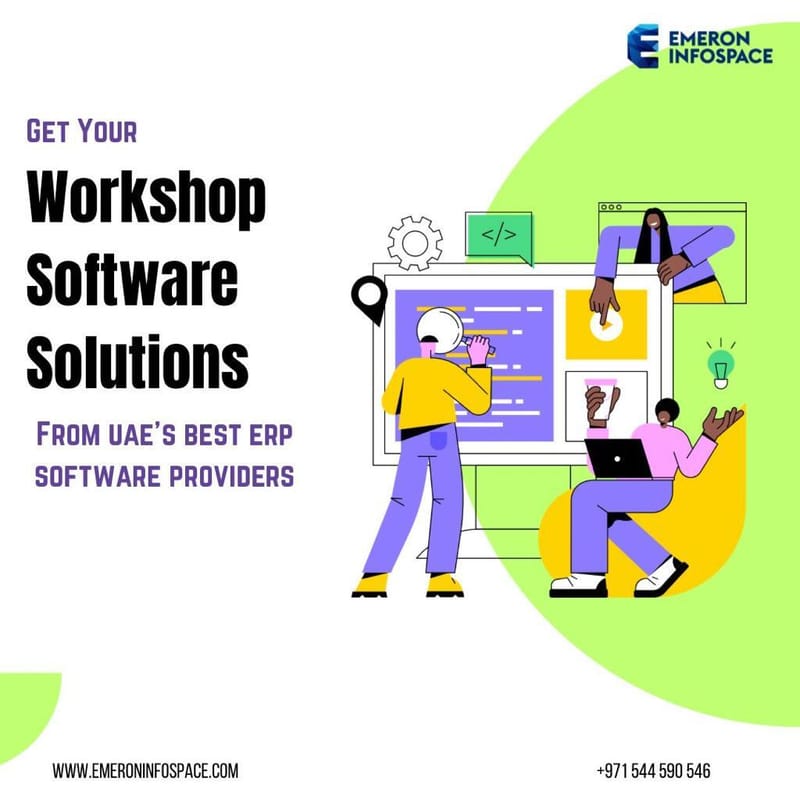Articles #ERP Systems Legacy ERP Cloud ERP ERP Transformation Cloud Computing Technology Evolution Business Software Enterprise Solutions
The transformation of ERP systems mirrors the broader evolution of technology. The shift from legacy to cloud-based solutions has empowered businesses to become more agile, efficient, and competitive. As the landscape continues to evolve, it's essential for organizations to embrace this change to stay at the forefront of their industries.
Read MoreThe integration of AI with ERP systems brings a new dimension to decision-making and business processes. Machine learning algorithms can analyze historical data to provide insights and predictions that were once impossible with traditional ERP systems. This capability is especially valuable in demand forecasting, inventory management, and customer relationship management.AI can also help in proactive issue detection. By continuously monitoring the system's performance, AI can identify anomalies and alert administrators to potential problems, enabling swift corrective actions. In this way, AI is not just about improving business processes; it's also about safeguarding the health and stability of the ERP system.
Read More
